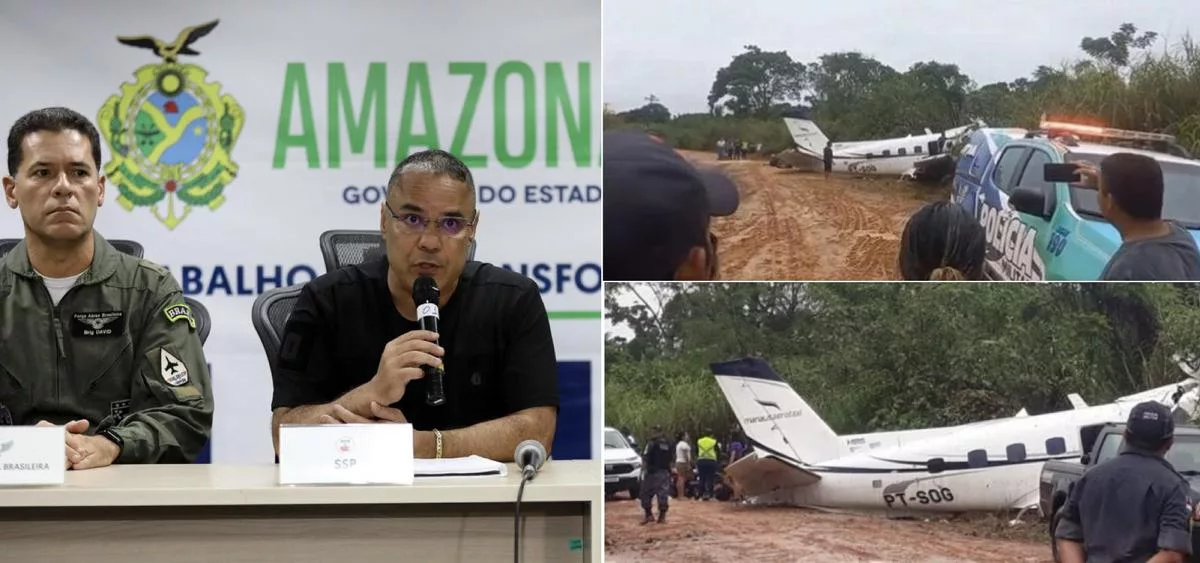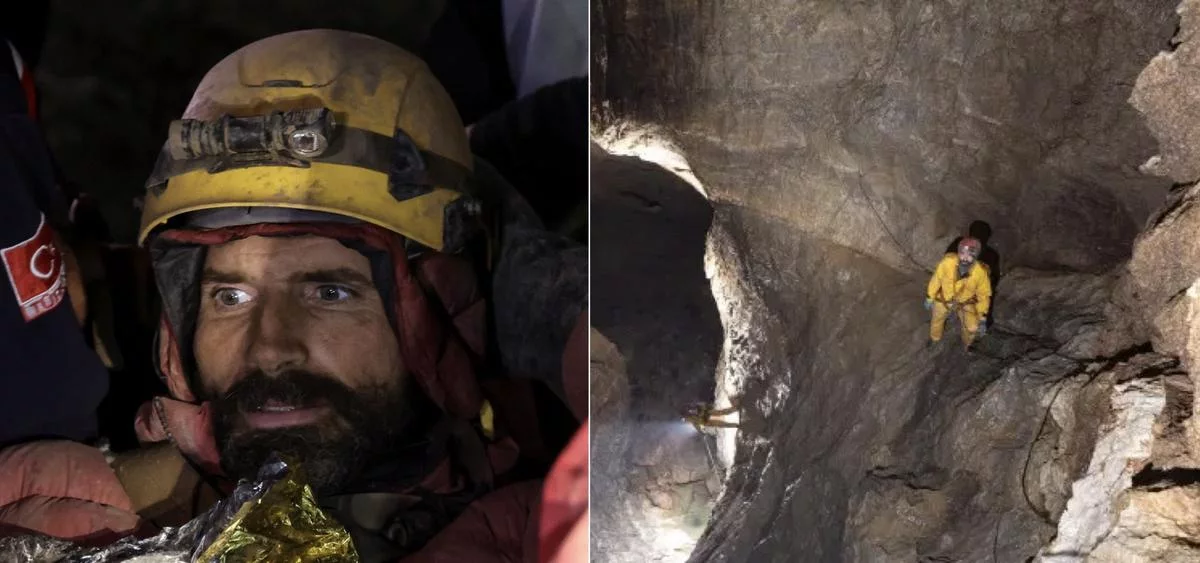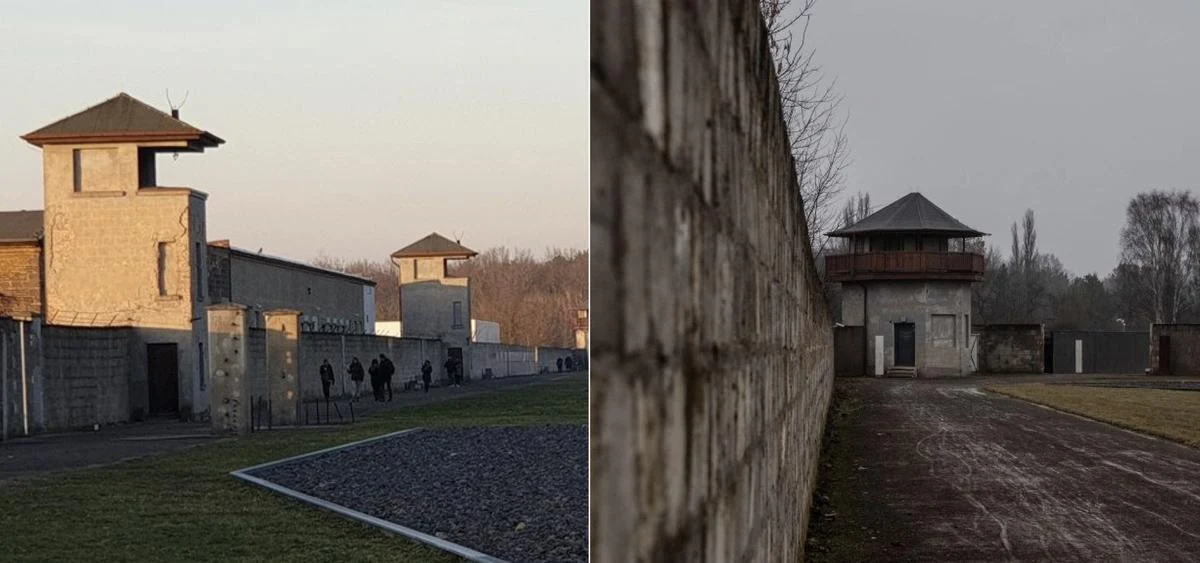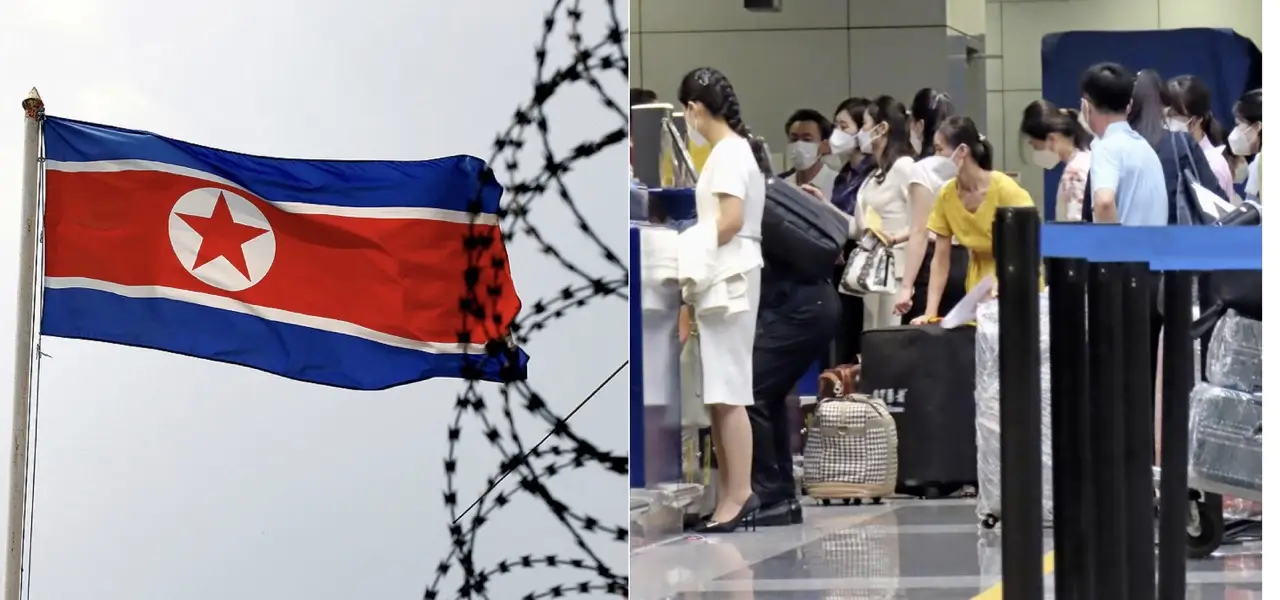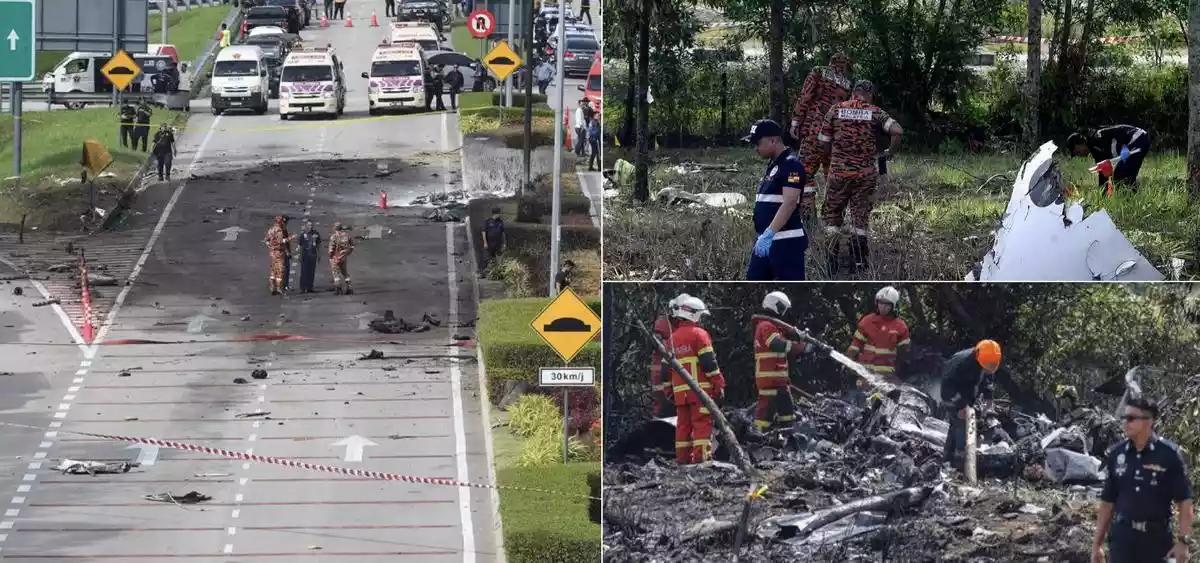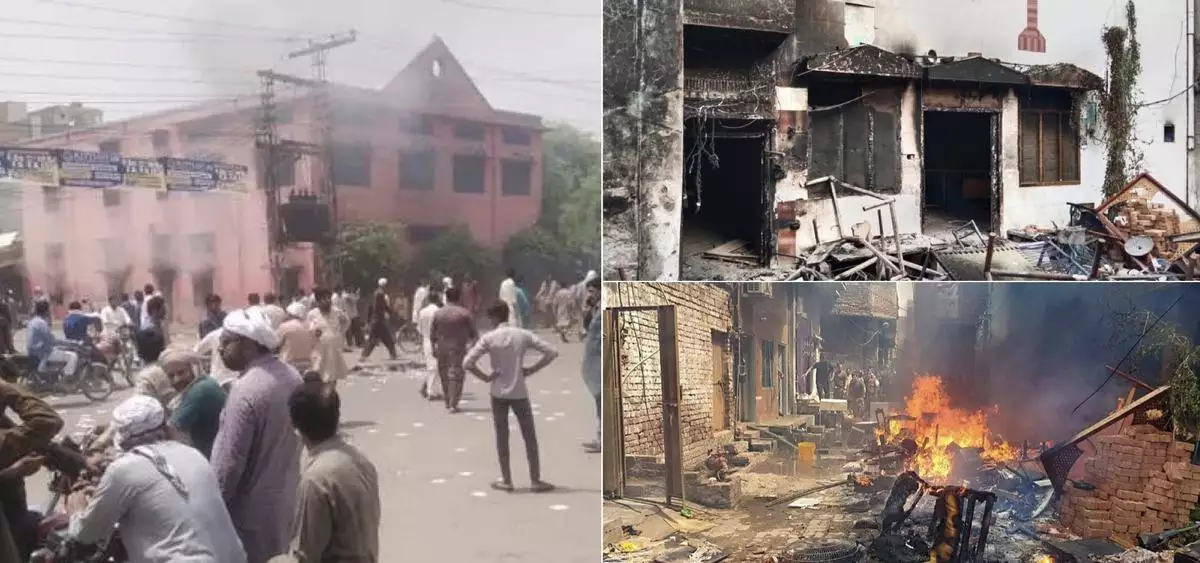Against the backdrop of a catastrophic maritime accident off the coast of Kalamata, Greece, this article navigates through the aftermath, highlighting the contrasting narratives, the role of international organizations, and the profound questions raised about the value of human life in the face of global migration challenges.
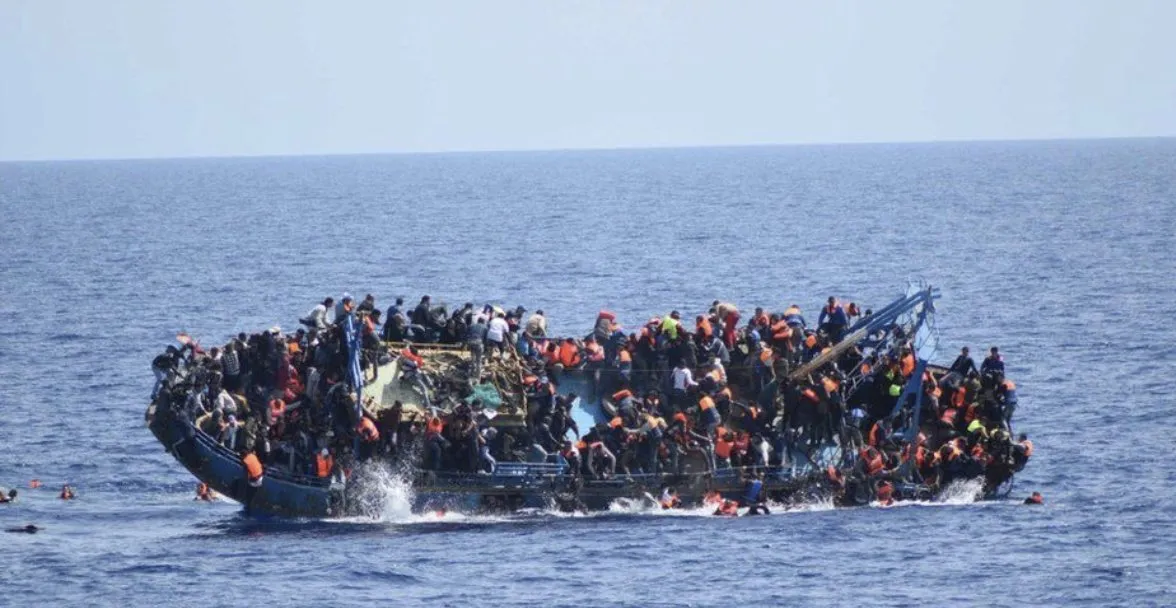
Photo Credit: Social Media
Greece is grappling with the aftermath of a devastating incident involving a migrant boat that capsized off its shores. The incident, which occurred on June 14, resulted in numerous fatalities, including 350 from Pakistan. As investigations unfold, questions have emerged regarding Greece’s response to an offer of assistance from the European Union (EU). This tragic event has shed light on the contrasting treatment of different lives and raised concerns about the plight of migrants seeking refuge in Europe.
The Boat Tragedy:
On June 14, an overcrowded fishing boat en route from Libya to Greece capsized approximately 80 kilometers southwest of Pylos, a coastal town. Although over 100 individuals were rescued, survivors estimate that up to 750 people, including around 100 children, were on board. Tragically, the incident claimed the lives of many, with a significant number of Pakistani nationals among the victims. Reports indicate that the boat was detected by Frontex, the EU’s border agency, which offered to send a plane for monitoring purposes. However, Greece did not respond to this offer, leading to criticism of the country’s actions.
Controversy and Denial:
Greece has been widely criticized for what appears to be a lack of action and response to the catastrophe. Greek officials have refuted claims of a delayed reaction, claiming that the passengers on board expressed a willingness to continue their journey to Italy. Evidence reveals, however, that the boat was almost motionless for several hours before capsizing, contradicting the official story. The Greek coast guard has not responded to allegations that they turned down Frontex’s offer of aircraft aid. In reaction to the event, nine Egyptian men were charged in a Greek court for their participation in the boat’s trip.
Inequality and Differential Treatment:
The contrasting response to a separate incident involving a submarine carrying wealthy individuals has sparked debate about national and international inequality. Many Pakistanis, like Anees Majeed, who lost five relatives in the boat tragedy, expressed their frustration with the divergent treatment they received. While a massive rescue operation and global media coverage were mobilized for the submarine incident, little attention was given to the hundreds of lives lost in the Greek boat incident. These disparities highlight the unequal values placed on different lives and have prompted discussions about social and economic inequalities.
Humanitarian Crisis and Challenges:
The continuous flow of people risking their lives on perilous journeys to Europe highlights the ongoing humanitarian crisis. The economic conditions and political turmoil in their home countries often compel individuals to embark on these dangerous ventures. While efforts are being made to improve safety and prevent further tragedies, profound changes to the economic system and addressing the root causes of migration are necessary to address the issue effectively. Many migrants, despite the risks, are willing to undertake such journeys due to the dire circumstances they face in their home countries.
Seeking Accountability:
The search for accountability and justice for the boat tragedy remains crucial. Investigations are underway to determine the circumstances surrounding the incident, including the allegations against the Greek Coast Guard. However, skepticism persists regarding the impartiality of these investigations, given previous cases where the Greek coast guard has been accused of disabling vessels carrying migrants. Calls for independent monitoring mechanisms involving civil society actors and triggering independent investigations when human rights violations are committed by state actors have gained momentum.
The recent tragedy involving the capsized migrant boat off the Greek coast has sparked international concern and raised important questions about the treatment of migrants and the responsibilities of states. Greece’s response, including the alleged lack of action and failure to accept offers of assistance, has come under scrutiny. The incident serves as a reminder of the ongoing humanitarian crisis and the need for comprehensive solutions that address the root causes of migration. As investigations continue, the pursuit of accountability and justice is vital to ensure that those responsible are held accountable and to prevent similar tragedies from occurring in the future. International cooperation, empathy, and a commitment to human rights are essential in addressing the complex challenges of migration and ensuring the safety and well-being of all individuals seeking refuge and a better life.
Stay connected with Today On Globe for the latest Global Issues and News Updates.
Explore more related articles at [TOG News / TOG Article]


